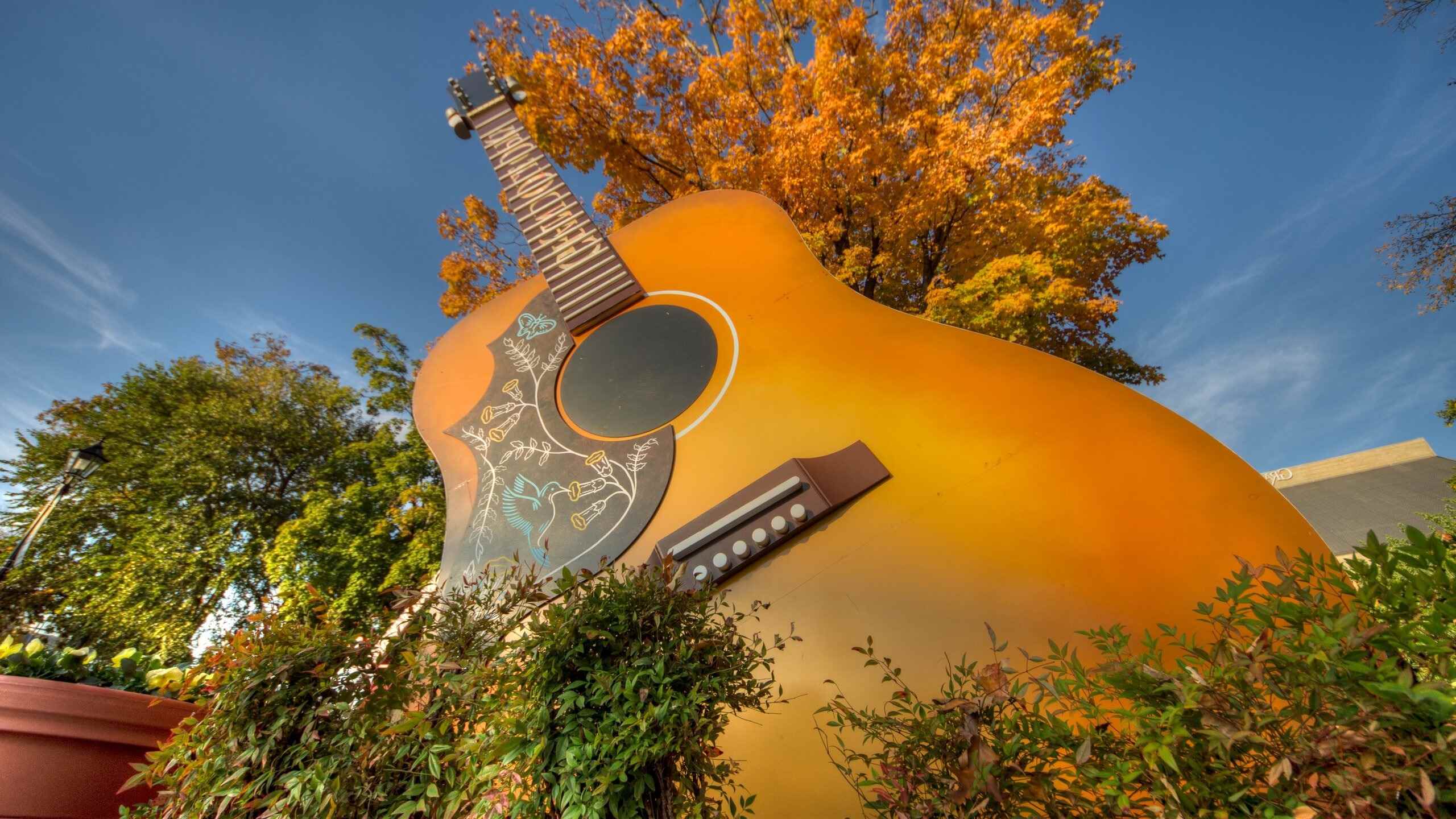The Intriguing Past Of Nashville’s Grand Ole Opry

Have you ever wondered about the rich history behind Nashville's Grand Ole Opry? This iconic venue, known as the heart of country music, has been entertaining audiences since 1925. Starting as a simple radio broadcast, it quickly grew into a cultural phenomenon. Legends like Johnny Cash, Dolly Parton, and Hank Williams have all graced its stage, making it a must-visit for music lovers. But the Grand Ole Opry is more than just a concert hall; it's a symbol of American music heritage. Let's take a closer look at how this legendary place came to be and why it remains so special today.
The Birth of the Grand Ole Opry
The Grand Ole Opry, a name synonymous with country music, has a rich history that dates back to the early 20th century. Let's dive into the key moments that shaped this iconic institution.
- WSM Radio Launches
In 1925, WSM Radio began broadcasting in Nashville. This station would soon become the home of the Grand Ole Opry, bringing country music to the masses.
- First Broadcast
On November 28, 1925, the first broadcast of what would become the Grand Ole Opry aired. George D. Hay, known as "The Solemn Old Judge," hosted the show, featuring fiddler Uncle Jimmy Thompson.
The Early Years
The Opry quickly gained popularity, becoming a Saturday night tradition for many Americans. Here are some key events from its early years.
- Move to the Ryman Auditorium
In 1943, the Opry moved to the Ryman Auditorium, a venue that would become its home for the next 31 years. The Ryman's acoustics and intimate setting made it a perfect fit for the show.
- Rise of Country Legends
During the 1940s and 1950s, the Opry helped launch the careers of many country legends, including Hank Williams, Patsy Cline, and Johnny Cash. These artists would go on to shape the genre for decades.
The Golden Age
The 1960s and 1970s are often considered the golden age of the Grand Ole Opry. This period saw the show reach new heights of popularity and influence.
- Television Debut
In 1955, the Opry made its television debut, bringing the show to an even wider audience. This move helped solidify its status as a cultural institution.
- Opryland USA
In 1974, the Opry moved to a new home at Opryland USA, a theme park and entertainment complex. This move marked the beginning of a new era for the show, with state-of-the-art facilities and a larger stage.
Modern Era
The Grand Ole Opry continues to be a vital part of the country music scene, adapting to changing times while staying true to its roots.
- Return to the Ryman
In 1999, the Opry began holding seasonal shows at the Ryman Auditorium, reconnecting with its historic roots. These performances have become a beloved tradition for fans.
- 75th Anniversary
In 2000, the Opry celebrated its 75th anniversary with a star-studded concert featuring performances by Garth Brooks, Dolly Parton, and Vince Gill. This milestone highlighted the show's enduring legacy.
- Flood of 2010
In May 2010, a devastating flood hit Nashville, causing significant damage to the Opry House. Despite this setback, the show went on, with performances held at the Ryman and other venues until repairs were completed.
- Digital Age
Today, the Grand Ole Opry embraces modern technology, streaming performances online and reaching a global audience. This evolution ensures that the Opry's legacy will continue for generations to come.
The Grand Ole Opry's Enduring Legacy
The Grand Ole Opry stands as a testament to Nashville's rich musical heritage. From its humble beginnings as a radio show in 1925, it has grown into a symbol of country music. Legends like Johnny Cash, Dolly Parton, and Garth Brooks have graced its stage, making it a must-visit for music lovers. The Opry's ability to adapt while honoring its roots keeps it relevant. Whether you're a lifelong fan or new to country music, the Opry offers a unique glimpse into the genre's history. Visiting the Opry isn't just about seeing a show; it's about experiencing a piece of American culture. So next time you're in Nashville, make sure to catch a performance. The Grand Ole Opry isn't just a venue; it's a living, breathing part of music history.

